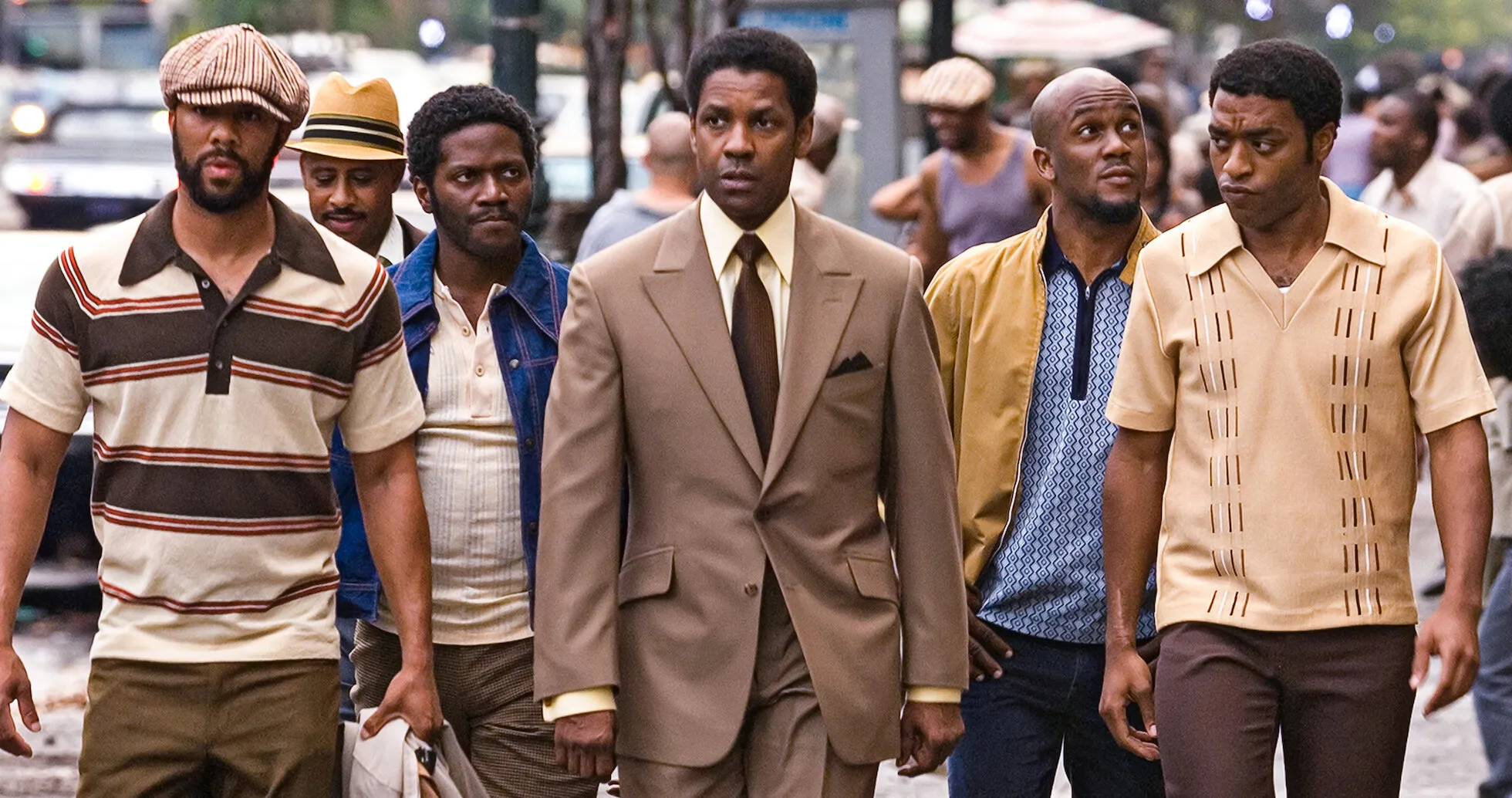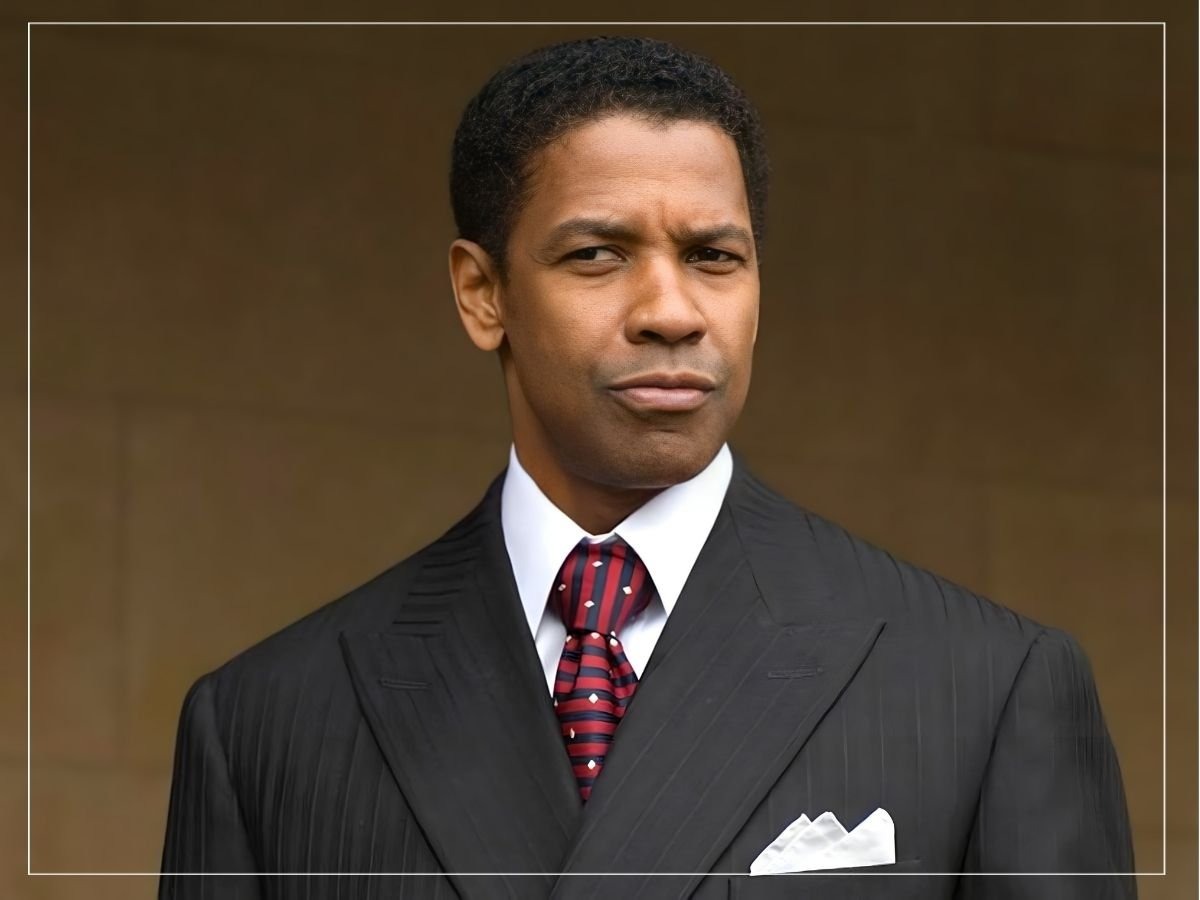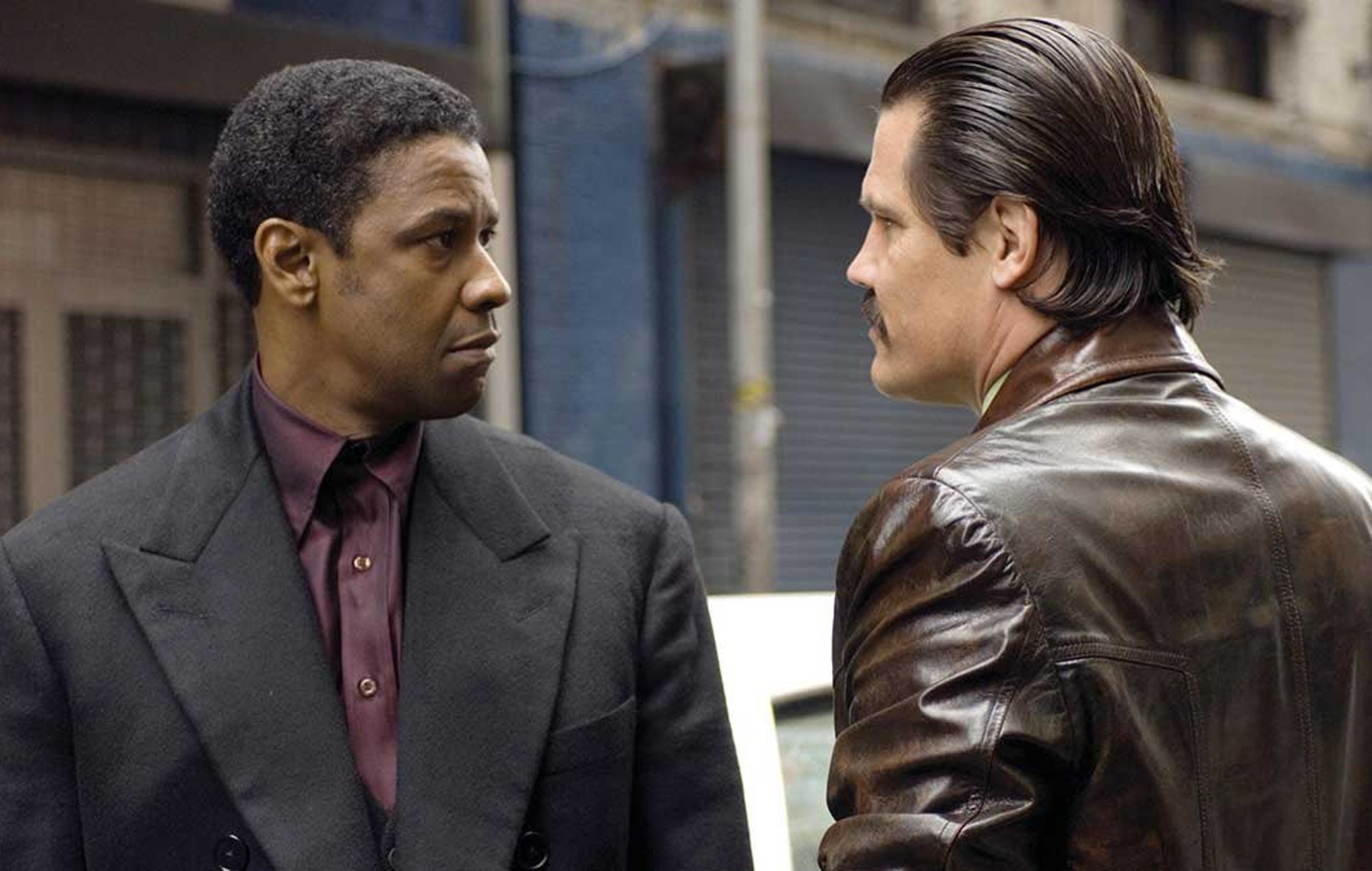In 2007, Ridley Scott directed American Gangster, a film based on the real-life tale of crime boss Frank Lucas, portrayed by Denzel Washington, and the lawman who took him down, Richie Roberts, played by Russell Crowe.
The story stretches from 1968 to 1991, showing how Lucas climbed to the top of Harlem’s drug business and how everything he built came crashing down. Steven Zaillian, known for writing respected works like Schindler’s List, Gangs of New York, and Mission: Impossible, crafted the screenplay.

The film had a strong cast with the likes of Josh Brolin, Idris Elba, Carla Gugino, Chiwetel Ejiofor, and RZA. American Gangster gave a raw display of what happens when power and corruption take control, showing how both the criminal and those chasing him felt the weight of it all.
But the final stretch of the story brings everything to a boiling point, raising questions about who suffered most during Lucas’s grip on Harlem and Richie Roberts’s effort to put a stop to it.
Taking a hit at The Fight of the Century
Frank Lucas’ troubles started when he failed to stick to his advice. He had warned his brother Huey (Chiwetel Ejiofor) not to attract attention with flashy dressing, yet he ignored that same advice by attending the historic Joe Frazier vs. Muhammad Ali fight in a large, eye-catching fur coat.
That single act made Richie Roberts take notice. The coat stood out, especially since Lucas sat in a prime spot usually reserved for celebrities, far ahead of where most known gangsters were placed—yet he mingled like he belonged.
That was all Richie needed to begin digging deeper. He followed Lucas’ movements, connections, and businesses, trying to understand who this man was. As this was happening, Lucas’s empire was still expanding, but challenges were surfacing.
He wasn’t just dealing with Roberts’ growing interest—he also had to confront crooked cop Nick Trupo (Josh Brolin), who demanded a place on his payroll. Though Lucas later destroyed the coat, the attention it brought was already spreading like smoke, and the damage had begun.
The end of a war, the beginning of another
Frank Lucas started facing more threats as time passed, both to his life and those closest to him. But what troubled him was the risk of losing access to his drug supply. The end of the Vietnam War meant his drug transport method was about to be blocked.
In response, he tried one last big move to bring in as much product as possible while searching for new routes. Yet even while he tried to protect his supply line, another issue had quietly appeared in broad daylight.
Police had eyes on many of Lucas’ relatives, but one person ended up playing a key role—his cousin, who was picked up by police after firing a gun at his girlfriend in the open street. Richie made use of the situation, persuading the young man to wear a wire and infiltrate Lucas’ inner circle.
That risky move paid off. Through the wire, Richie found out that Lucas had been smuggling heroin from Vietnam using the caskets of American soldiers. With this disturbing truth uncovered, Richie’s team launched a final operation aimed at breaking the entire Lucas network. This time, the law caught up with him.
The start of a beautiful friendship
It was during a Sunday church service that Richie’s team caught up with Frank Lucas after a bloody raid on his drug base. The encounter was dramatic, not because of weapons but due to the tension in their final meeting. As Frank stood at the chapel steps, Richie met him face to face.
They didn’t exchange punches or gunfire; instead, their confrontation took place in a small room filled with coffee stains and cigarette smoke. Lucas tried to act like he still had control, claiming that Harlem would protect him now, just like he once protected it. Richie didn’t flinch.
The detective, though far from perfect in his personal life, pointed out that Frank had made too many enemies, and being jailed might be his only chance at survival. That was when he offered Frank a deal—he could name all the dirty officers he worked with in exchange for a lighter sentence.
Though hesitant at first, Frank agreed, leading to a massive operation that exposed police corruption on a scale that stunned even Richie. Among those targeted was an old foe who had made life difficult for both of them.
Frank does time, and time does Frank
With the help of Lucas’ cooperation, the final clean-up started, and it followed the structure that crime dramas are known for. Richie’s effort bore fruit as the corrupt officers were arrested one after another, and members of Lucas’ team were taken down too.

That pinboard used by Richie’s team to track suspects filled up quickly with names and faces, thanks to Frank’s insider knowledge. Slowly, a partnership formed between the former drug kingpin and the same people who arrested him.
But not everyone had an exit—Nick Trupo, refusing to face prison, ended his own life at home. As the dust settled, American Gangster gave a closing account of what became of the key players and how Frank Lucas’ hold over Harlem was broken.
Because of his willingness to testify, his original sentence of 70 years was reduced to 15. Richie, who later became a lawyer, took Frank on as his first client, just like it happened in real life. By the time he left prison in 1991, most of the money traced to the $250 million empire was gone.
He stepped back into society quietly, walking out into a street that had long forgotten him. Harlem moved on, and Frank Lucas returned to a place where nobody recognised the man who once ruled its underworld.



